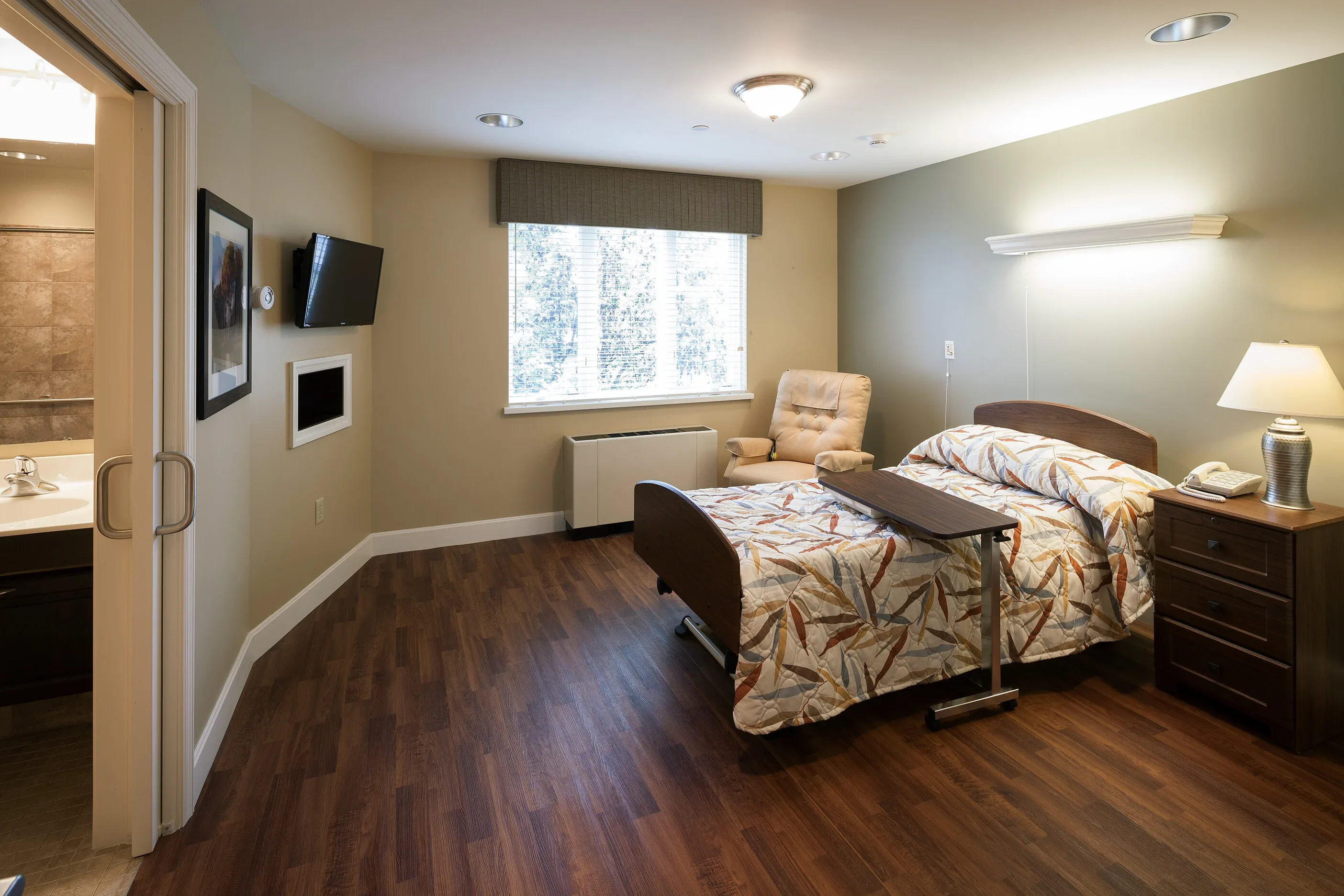Key Takeaways
- Current Reimbursement Models Undervalue Dementia Care: Existing case mix methodologies fail to account for the extensive non-clinical care needs of dementia residents, leading to underfunded units and inadequate staffing.
- Financial Disincentives Threaten Quality and Access: Reduced reimbursement rates discourage the creation or maintenance of dementia units, placing residents in less specialized settings and risking lower quality care.
- Proposed Reforms to Align Funding with Care Needs: Adjusting case mix scoring, implementing tiered reimbursement models, and offering supplemental funding will address the unique costs and challenges of dementia care in SNFs.
- Better Reimbursement Leads to Improved Outcomes: Enhanced funding will allow facilities to maintain higher staffing levels, reduce caregiver burnout, and provide specialized training, ultimately benefiting residents and ensuring financial sustainability.
Overview
Dementia care in skilled nursing facilities (SNFs) is an essential service requiring significant staffing and specialized attention. However, the current reimbursement model disproportionately penalizes dementia units by failing to account for the high staff burden required to care for these residents. Most residents in dementia units score low on clinical need despite their significant care requirements, resulting in lower case mix scores. This creates a reimbursement system that disincentivizes adequate staffing and investment in dementia care, leading to potential quality of care concerns.
Key Issues
1. Mismatch Between Reimbursement and Care Needs
• Dementia residents often do not meet skilled care thresholds despite requiring extensive supervision, behavioral management, and personal care.
• Current case mix methodologies primarily focus on clinical needs (e.g., medical acuity, skilled nursing interventions), overlooking non-clinical burdens such as behavioral challenges and safety risks.
2. Financial Disincentives for Dementia Units
• The low case mix scores associated with dementia residents lead to reduced facility reimbursement, making dementia units financially unviable without cross-subsidization from other units.
• Underfunding increases the risk of under-staffing, which exacerbates caregiver burnout and compromises resident safety and quality of care.
3. Policy Misdirection
• The existing model indirectly discourages the creation or expansion of dementia-specific units, leaving many residents in less specialized settings that may not meet their unique needs.
Proposed Policy Solutions
To address these challenges, the Aging Services Institute (ASI) advocates for reforms to better align reimbursement with the true costs and complexities of dementia care:
1. Adjust Case Mix Scoring for Dementia Care
• Create a dementia-specific case mix adjustment to reflect the higher non-clinical care needs of this population.
• Incorporate behavioral, supervision, and safety care needs into reimbursement calculations.
2. Implement Tiered Reimbursement Models
• Develop reimbursement tiers based on staffing ratios, dementia-specific certifications, and program quality measures.
• Provide higher rates for facilities with specialized dementia training and therapeutic activity programs.
3. Introduce Supplemental Funding for Dementia Units
• Establish state or federal subsidies for dementia units similar to existing models for ventilator or bariatric care.
• Use quality metrics (e.g., CMS Five-Star ratings, behavioral outcomes) to allocate funding, incentivizing investment in high-quality dementia care.
4. Promote Innovation in Dementia Care
• Provide grants or tax incentives for facilities developing innovative dementia programs or investing in environmental modifications proven to reduce staff burden.
Anticipated Benefits
• Improved Quality of Care: Adequate reimbursement will enable facilities to maintain appropriate staffing levels and provide dementia-specific training.
• Better Resident Outcomes: Higher staff-to-resident ratios and enriched care environments will reduce adverse events such as falls and aggressive behaviors.
• Economic Sustainability: Facilities will be incentivized to operate dementia units without compromising care quality or financial stability.
Call to Action
Policymakers must recognize the unique challenges of dementia care and act swiftly to reform reimbursement models. Aligning financial incentives with care needs will ensure residents receive the quality of care they deserve, while facilities can operate sustainably in a challenging reimbursement landscape.



